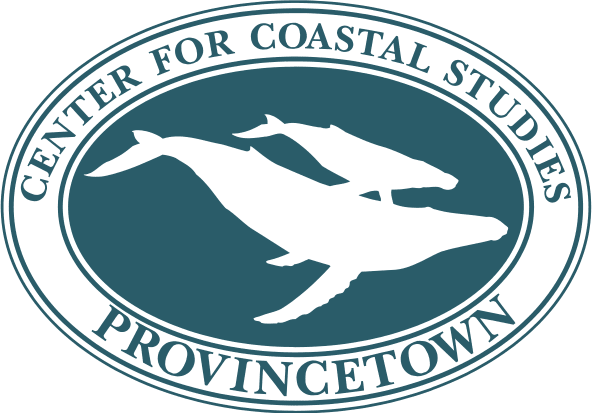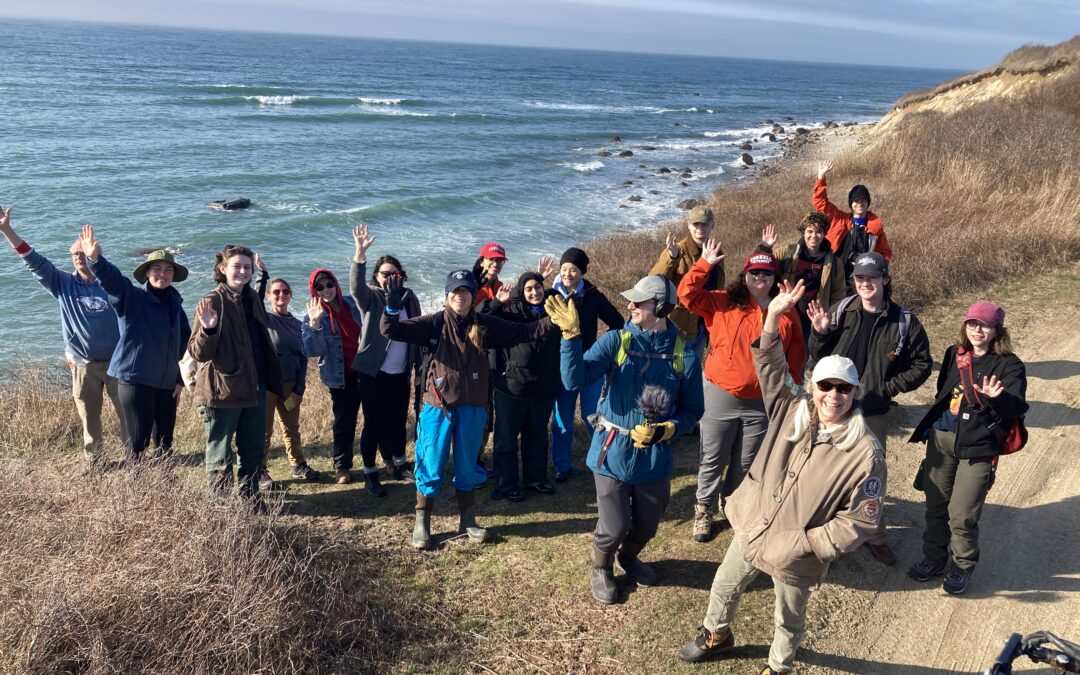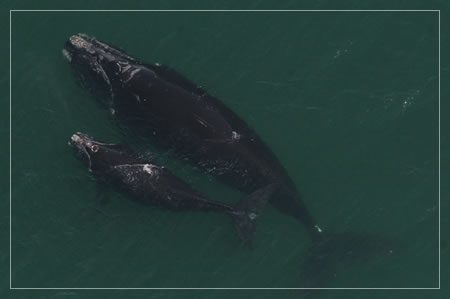The Center for Coastal Studies’ Marine Debris and Plastics Program will host students, teaching assistants and a professor from Cornell University for a week-long residency March 31 through April 6, 2024. The visit coincides with the program’s ghost gear removal project held annually during the Large Whale Seasonal Trap Gear Closure (February-April) in Massachusetts waters. The Cornell group will assist in sorting, processing and documenting lost and abandoned fishing gear recovered from the ocean floor and brought into MacMillan Pier; participate in beach cleanups and debris documentation; and create multimedia art for public exhibit.
Last spring, Center for Coastal Studies hosted Cornell University for its first residency on Cuttyhunk Island, the outermost island of the Elizabeths. With funding from a SNEP Watershed Implementation Grant, students and other volunteers removed 16,000 lbs of ghost gear and other marine debris. This year, the Cornell group will spend the week at Provincetown’s Seaglass Inn, which the owner, Nadine Licostie, opened early for the group to support their work with the Center for Coastal Studies.
“This exciting collaboration with Cornell has evolved over the past three years,” said Laura Ludwig, CCS Marine Debris & Plastics Program Director. “What began as a way for Annie to source material for a multi-media installation called “Siren” has grown into a semester-long course explored by students from all academic disciplines. Their residency during our annual ghost gear removal field work also makes it possible to increase the efficiency and scale of the removal and data collection efforts.”
Professor Annie P. Lewandowski instructs the course Music on the Brain. She is collaborating with Ludwig and CCS Artist-Scientist-in-Residence Mark Adams to lead the field component of the course, titled: Whale Conservation: Marine Stewardship in Cape Cod Bay.
“This optional field study offers students enrolled in MUSIC 1212 the opportunity to expand on their critical engagement in course material on acoustic communication in other animals through a deep exploration of marine habitat and anthropogenic environmental impact as part of a community-engaged experience,” said Professor Lewandowski.
In addition to their work with marine debris and ghost gear, students will participate in an art installation that celebrates and examines coastal life and coastal issues at the Crown and Anchor’s Paramount Room in Provincetown. The exhibit, “Replenishing Refuge in Cape Cod Bay and Stellwagen Bank – What Can the Arts Do?” was created and curated by Adams, who explained that the purpose of the installation is “to further community awareness of life on our coast, addressing issues such as plastics, sea level rise, storms and erosion, threats to whales and other marine life, the necessity of coastal recreation, the future of Provincetown Harbor, and the blue economy of Provincetown.”
At a public reception for the art installation on Friday, April 5, the students will present an ocean audio dance mix with whale recordings and Lewandowski will share her “Siren” humpback whale installation, created with CCS ghost gear, that was formerly featured at MassMOCA
This project is supported in part by the National Oceanic and Atmospheric Administration Marine Debris Program with funding provided by the Bipartisan Infrastructure Law. Cornell is grateful to the Einhorn Center for Community Engagement for providing financial support to Cornell University students.
Photo: Cornell group on Cuttyhunk, April 2023. CCS photo.



